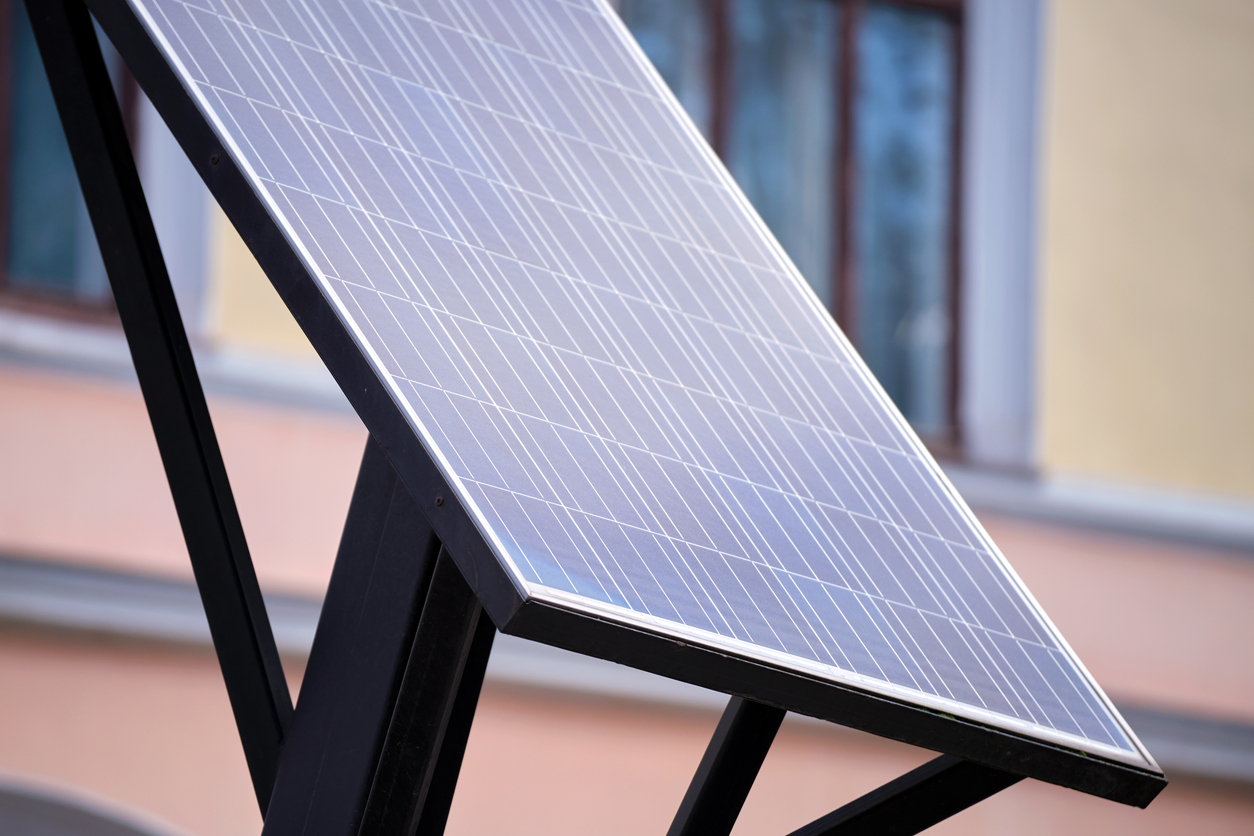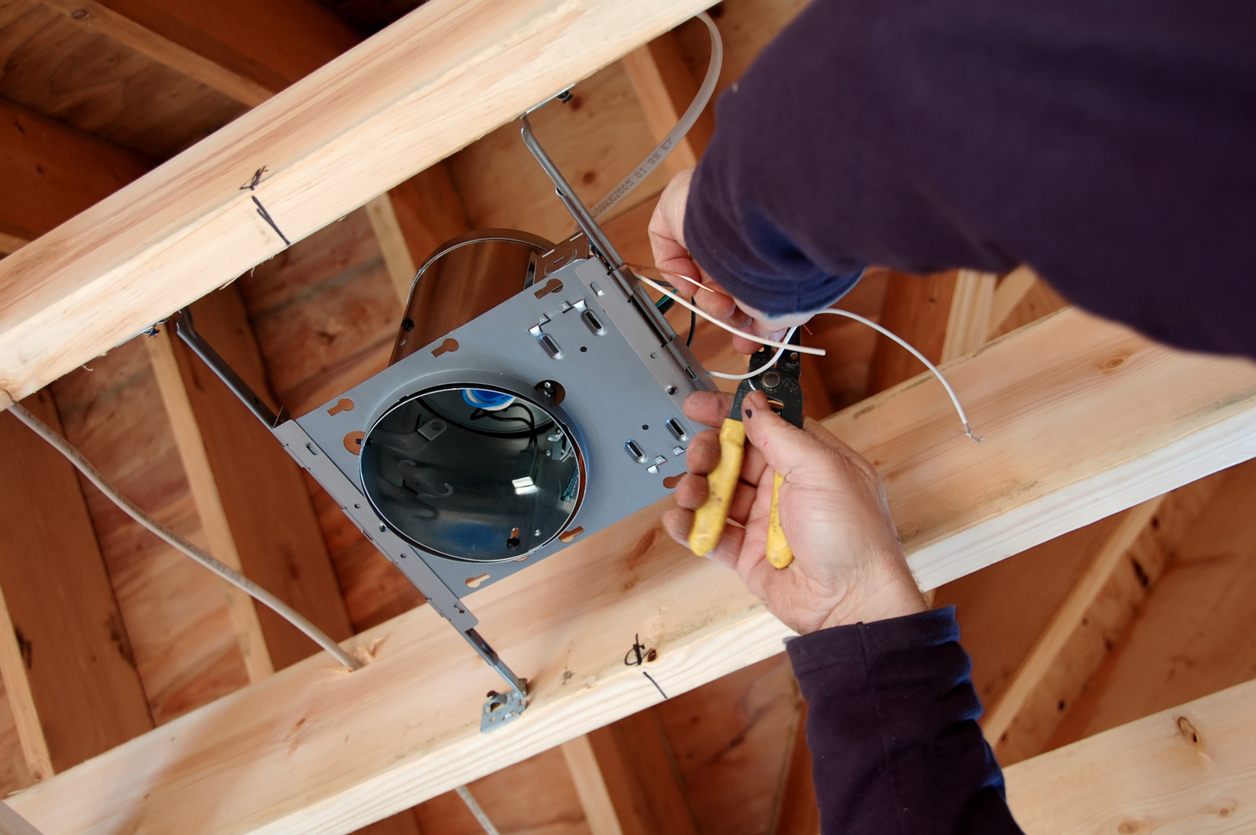Offshore Renewable Energy in Nigeria: A Path to Sustainable Development
Offshore renewable energy is emerging as a key solution to Nigeria’s energy challenges. With its vast coastline and significant natural resources, Nigeria has immense potential to harness energy from offshore wind, wave, and tidal sources. Transitioning to renewable energy not only addresses the country’s power deficit but also supports its commitment to sustainable development and climate action.
In this article, we explore the state of offshore renewable energy in Nigeria, its potential, challenges, and the way forward for this promising sector.
What is Offshore Renewable Energy?
Offshore renewable energy refers to energy generated from renewable sources located in oceans or seas. The primary technologies include:
- Offshore Wind Energy: Harnessing wind power through turbines installed in coastal or deep-water areas.
- Wave Energy: Capturing energy from surface waves.
- Tidal Energy: Generating power from tidal currents or changes in sea level.
These technologies are highly sustainable and produce minimal greenhouse gas emissions, making them attractive for energy development in Nigeria.
The Potential for Offshore Renewable Energy in Nigeria
1. Abundant Resources
Nigeria’s extensive coastline along the Gulf of Guinea offers significant opportunities for offshore wind and wave energy development. The steady winds and ocean currents in this region are conducive to renewable energy generation.
2. Addressing the Power Deficit
Despite being Africa’s largest economy, Nigeria faces a severe power shortage, with millions of households lacking access to reliable electricity. Offshore renewable energy can complement existing energy sources and reduce dependence on fossil fuels.
3. Climate Action Goals
Nigeria has committed to reducing carbon emissions under the Paris Agreement. Expanding offshore renewable energy aligns with the country’s goals to diversify its energy mix and transition to a low-carbon economy.
Current State of Offshore Renewable Energy in Nigeria
Limited Development
While Nigeria has made significant strides in renewable energy, such as solar and biomass, offshore renewable energy remains largely untapped. Challenges such as high initial investment costs, regulatory bottlenecks, and limited technical expertise have slowed progress.
Pilot Projects and Feasibility Studies
Several international organizations and local stakeholders are exploring the feasibility of offshore renewable energy in Nigeria. These studies aim to assess wind speeds, wave patterns, and the potential environmental impact of offshore installations.
Challenges Facing Offshore Renewable Energy in Nigeria
1. High Initial Costs
The construction and deployment of offshore renewable energy infrastructure require substantial investment, which can be a barrier in a developing economy.
2. Technical Expertise
Offshore energy technologies are complex and require specialized knowledge for installation, operation, and maintenance.
3. Regulatory Framework
Nigeria’s regulatory landscape for offshore renewable energy is still in its infancy. Clear policies and incentives are needed to attract investors and drive development.
4. Infrastructure Deficit
The lack of advanced ports, transportation systems, and grid infrastructure poses a logistical challenge for offshore energy projects.
Opportunities in Offshore Renewable Energy for Nigeria
1. Economic Diversification
Offshore renewable energy presents an opportunity to diversify Nigeria’s economy away from oil dependence. Developing this sector could create jobs, boost local industries, and drive innovation.
2. International Collaboration
Global partnerships with countries experienced in offshore renewable energy, such as Denmark or the UK, can help transfer knowledge, technology, and funding to Nigeria.
3. Investment Incentives
The Nigerian government can attract foreign and local investment through tax incentives, subsidies, and public-private partnerships.
4. Green Financing
International funds and organizations focused on climate action, such as the Green Climate Fund, can support Nigeria’s offshore renewable energy initiatives.
The Role of Wigmore Trading
As a key player in Nigeria’s import and export industry, Wigmore Trading is poised to support the offshore renewable energy sector by:
- Supplying Equipment: Providing specialized tools and machinery required for offshore renewable energy projects.
- Facilitating Partnerships: Connecting international stakeholders with local businesses to foster collaboration.
- Streamlining Logistics: Ensuring the smooth transportation of materials and equipment to offshore project sites.
Conclusion
Offshore renewable energy holds significant promise for Nigeria’s energy future. With its abundant natural resources and growing commitment to sustainability, the country is well-positioned to develop this sector. However, addressing challenges such as high costs and regulatory hurdles will be critical to unlocking its potential.
For businesses and stakeholders looking to invest in Nigeria’s renewable energy sector, Wigmore Trading offers expert logistics and supply chain solutions to support your projects. Contact us today to learn more about how we can assist in driving Nigeria’s offshore renewable energy ambitions.








Comments are closed.